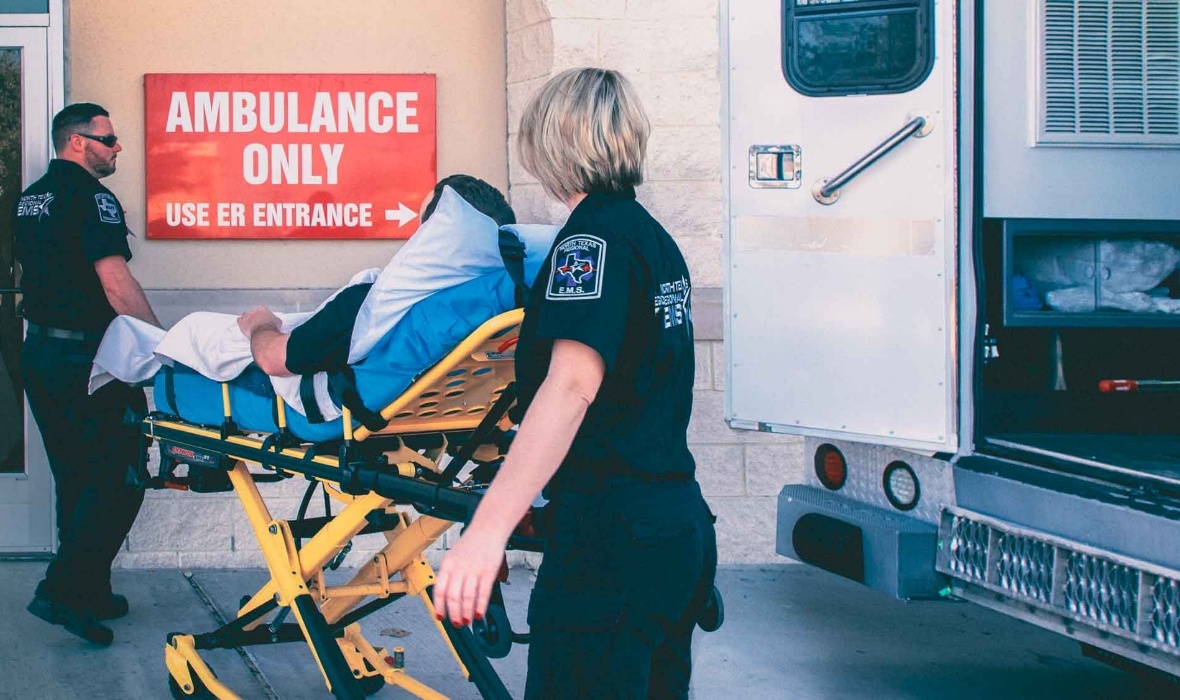Pulsara Around the World - February 2026
January Recap The start of 2026 was on the slow side for our events schedule, with our team heading to the Florida Fire & EMS Conference, the...
1 min read
 Hannah Ostrem
:
Mar 21, 2018
Hannah Ostrem
:
Mar 21, 2018

As communication technologies in healthcare continue to evolve, so does the potential for clinicians to deliver life-saving treatment in record time. These new lower times-to-treatment also consistently produce better patient outcomes after treatment. As such, it is crucial to reduce the time-to-treatment for emergency conditions as much as possible.
In order to evaluate the efficacy of methods for reducing time to treatment, a recent study published in the American Journal of Emergency Medicine examined the effects of pre-hospital notification of STEMI by EMS teams and method of arrival on door-to-balloon times.
The study compared D2B times of STEMI patients who arrived to the hospital either:The results showed that patients who arrived to the hospital by EMS transport WITH prehospital notification had the shortest D2B times AND smaller infarct size.
Imagine if EMS could easily notify the hospital for EVERY patient without even having to bother with radio calls which can cost medics excess time and take away focus from the patient. Imagine if all it took to pre-notify the hospital for ANY case type was a tap of a button on a smart phone. Imagine how efficient we could be with treatment if our teams were truly connected.
With Pulsara, this is the reality.
It's About Time.

January Recap The start of 2026 was on the slow side for our events schedule, with our team heading to the Florida Fire & EMS Conference, the...

Recent research shows how Pulsara was successfully leveraged to connect more than 6,000 COVID-19 patients to monoclonal antibody infusion centers via...

At Pulsara, it's our privilege to help serve the people who serve people, and we're always excited to see what they're up to. From large-scale...